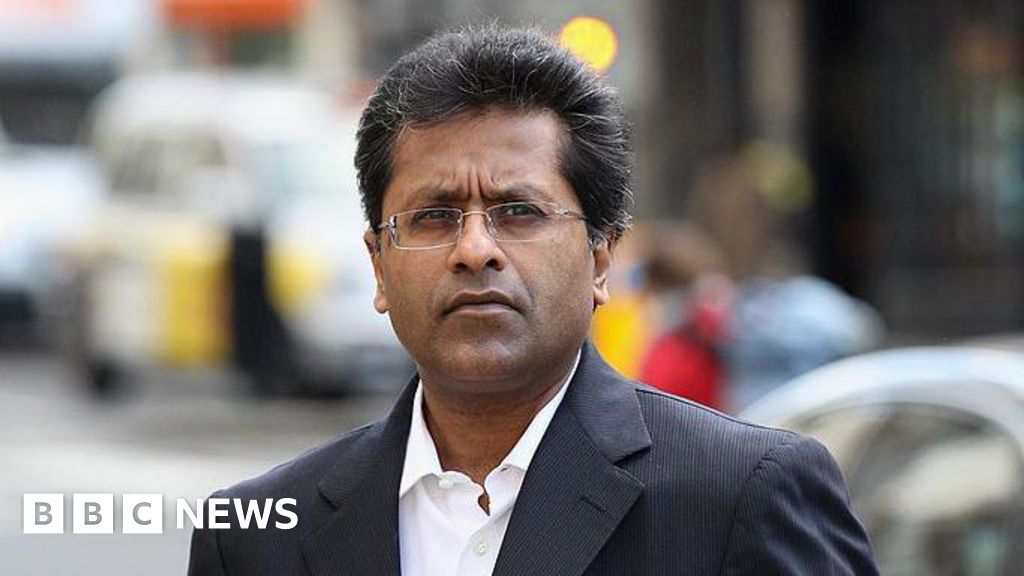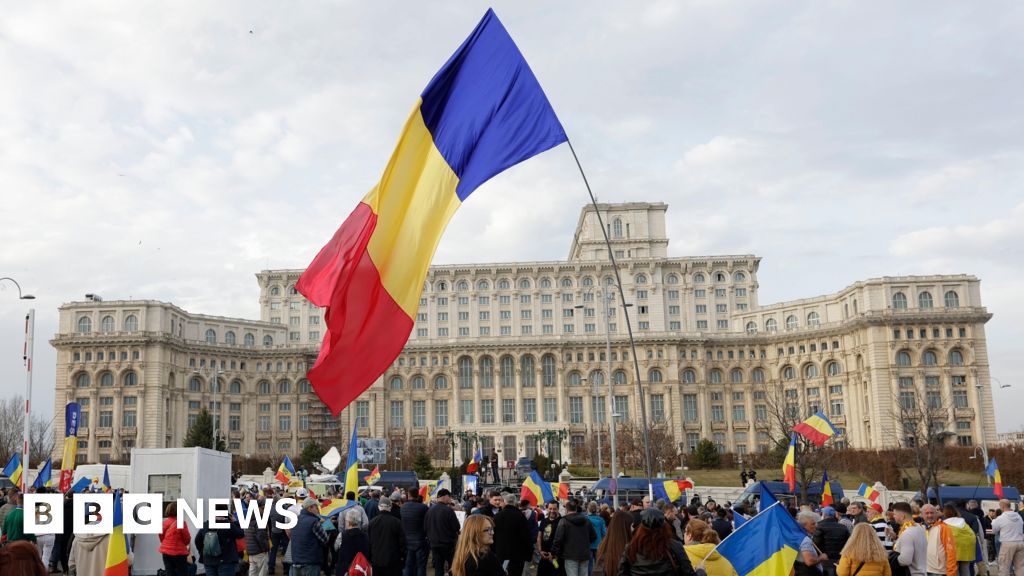Before Brazil and Elon Musk: X’s history of run-ins with left and right | Social Media News
All five judges on Brazil’s Supreme Court panel voted last week to uphold a ban on Elon Musk’s social media platform X in the country, rendering the mobile app inaccessible to almost 212 million users in Brazil.
Anatel, the telecommunications regulator of Brazil, instructed internet service providers to halt users’ access to the social media platform after X failed to appoint a legal representative in the South American country, a requirement for any foreign company wishing to operate in the country. A deadline had been set for August 29 by Supreme Court Justice Alexandre de Moraes.
After the deadline passed, de Moraes said in a statement: “Elon Musk showed his total disrespect for Brazilian sovereignty and, in particular, for the judiciary, setting himself up as a true supranational entity and immune to the laws of each country.”
Musk snapped back, calling de Moraes “an evil dictator” for shutting down the “#1 source of truth in Brazil”.
Judge de Moraes also issued a daily fine of 50,000 reals ($8,965) to be imposed on businesses and individuals in Brazil making use of virtual private networks (VPNs) to access X.
This is not the first time X has been banned by a country. China was the first country to ban the platform in June 2009 when it was still called Twitter, two days before the 20th anniversary of the Tiananmen Square massacre.
Why has Brazil banned X?
In January 2023, after a mob of ex-President Jair Bolsonaro’s supporters spurred on by false claims of electoral fraud, stormed the National Congress, the Brazilian Supreme Court issued an order for X and other social media platforms to restrict accounts linked to fake news and hate speech which were locally termed “digital militias“. Musk initially expressed concern, but ultimately his platform complied with the order.
In April, de Moraes again asked X to block several accounts accused of spreading misinformation about Bolsonaro’s defeat in the 2022 general election. This time, Musk refused and removed X’s legal representative in Brazil in protest.
According to Brazilian law, foreign companies which conduct business in Brazil are required to have a legal representative in the country who acts as a liaison between the firm and local authorities. The legal representative has the authority to sign contracts, handle legal inquiries and accept legal summons on behalf of the foreign entity.
Former Brazilian President Jair Bolsonaro led a thousands of people against the ban on X last weekend.
Due to demands by “Justice” @Alexandre in Brazil that would require us to break (in secret) Brazilian, Argentinian, American and international law, 𝕏 has no choice but to close our local operations in Brazil.
He is an utter disgrace to justice. https://t.co/yAvX1TpuRp
— Elon Musk (@elonmusk) August 17, 2024
Which other countries have banned or tried to ban X?
- Iran blocked the platform in June 2009, when it was still known as Twitter and led by co-founder Evan Williams, after demonstrations broke out over disputed elections. At the time, many activists and government opposition groups were using the platform as a communication tool to showcase the protests and protesters’ demands.
- China has blocked Twitter since 2009, beginning just days before the 20th anniversary of the Tiananmen Square massacre. As part of the Golden Shield Project, the Chinese government aims to control the flow of information through censorship and restricting content they deem against the Chinese government. In 2011, WeChat, the all-in-one messaging service app, was launched in China as an alternative to many other social apps but is required to share data with the Chinese state.
- North Korea blocked Twitter along with YouTube and Facebook in April 2016 when the platform was headed by co-founder Jack Dorsey. The North Korean government views these social media platforms as promoting opposition to their viewpoints and fears they may encourage dissent, experts say.
- Myanmar blocked Twitter in February 2021 following the military coup several months before Musk took over. At the time, many citizens were making use of social media platforms and pro-democracy hashtags to express their disapproval of the military’s seizure of power.
- Turkey banned advertising on Twitter in January 2021. This was the result of a new social media law that requires a local representative to take down controversial content. Under the law – similar to Brazil – an appointed representative is required to carry out this function.
- Venezuela ordered a 10-day block of X last month over a disputed presidential vote in the country after election authorities declared incumbent Nicolas Maduro the winner. Political tensions escalated following the disputed election results.
- Pakistan‘s Ministry of Interior blocked X in February citing national security concerns before the February elections. Protests were called for by the imprisoned former Prime Minister Imran Khan’s party PTI, following allegations of voter manipulation which led to the ban. The ban is still in force.
- Ethiopia banned many social media platforms, including Twitter, in February 2023 to quell violent protests related to an attempt to split the Ethiopian Orthodox Tewahedo Church. The split was largely driven by Oromo bishops who felt marginalised within the church. The ban was lifted a few months later.
- Australia‘s internet watchdog, the eSafety Commissioner, ordered X and Meta to take down videos of a knife attack carried out at an Orthodox Assyrian church in Sydney on April 16 this year. The eSafety Commissioner Julie Inman Grant argued that posts of the attack should be taken down everywhere, including outside Australia, as internet users can easily avail of VPNs to circumvent domestic geo-blocking. While Meta complied with the order, X only geo-blocked the videos in Australia. Australia’s Federal Court extended an emergency injunction ordering X to remove the videos, but Musk refused to back down and accused Australia of attempting to impose censorship worldwide. In June, Musk won the argument when the commissioner dropped the case after the Federal Court ruled that banning the posts from appearing on X globally would not be “reasonable” as the order would likely be “ignored or disparaged by other countries”.
Has the approach of X changed under Musk’s leadership?
In 2021, Musk bought the platform for $44bn from Dorsey, who co-founded Twitter and served as its CEO. The differences in their personalities have influenced their approach to the platform, say analysts.
“[Musk] moves at a million miles per hour and makes decisions on a whim,” said Kurt Wagner, author of Battle for the Bird: Jack Dorsey, Elon Musk, and the $44 Billion Fight for Twitter’s Soul. I feel like Elon often under-thinks or doesn’t sift through every single scenario before he chooses which direction to go.”
Historically, Wagner said, social media companies have worked within the law of the countries where they operate. “They’ve been willing to say, ‘if this is the law of the land here, we may disagree with it, we may fight it, but we’re ultimately going to do what we can to keep the service up and running’,”.
X under Musk is different. Elon has sort of said, obviously in the Brazil case, he’s not willing to do that,” Wagner said. “X is a reflection of Elon’s personality.”
Yet even before Musk, X has occasionally clashed with authorities in different countries. And while Brazil might today be ruled by a left-leaning president in Luiz Inacio Lula da Silva, the attacks have also come from the right.
In 2021, the Hindu majoritarian government of Prime Minister Narendra Modi ordered the platform to block dozens of accounts that were critical of the government and supportive of a major farmers’ protest that had rocked the country. The platform initially complied, then lifted the censure. The Modi government, according to Dorsey, threatened to shut Twitter down in the country. However, the government denies this assertion. Twitter took the Indian government to court, where its case was struck down and the company was fined.
In the United States, meanwhile, Twitter under Dorsey blocked posts in 2020 about a New York Post article about Hunter Biden, son of then-presidential candidate Joe Biden, alleging that a laptop had been found with evidence of corruption by the family in Ukraine. Twitter also banned then-President Donald Trump from the platform after his supporters violently attacked the US Capitol premises on January 6.
Dorsey, in a December 2022 Twitter blog post, owned up to some of the social media platform’s shortcomings after a series of articles criticised some of his leadership decisions related to the company’s content moderation practices.
“The biggest mistake I made was continuing to invest in building tools for us to manage the public conversation, versus building tools for the people using Twitter to easily manage it for themselves,” Dorsey then stated.
He continued, “I generally think companies have become far too powerful, and that became completely clear to me with our suspension of Trump’s account. As I’ve said before, we did the right thing for the public company business at the time, but the wrong thing for the internet and society.”
Check out our Latest News and Follow us at Facebook
Original Source







